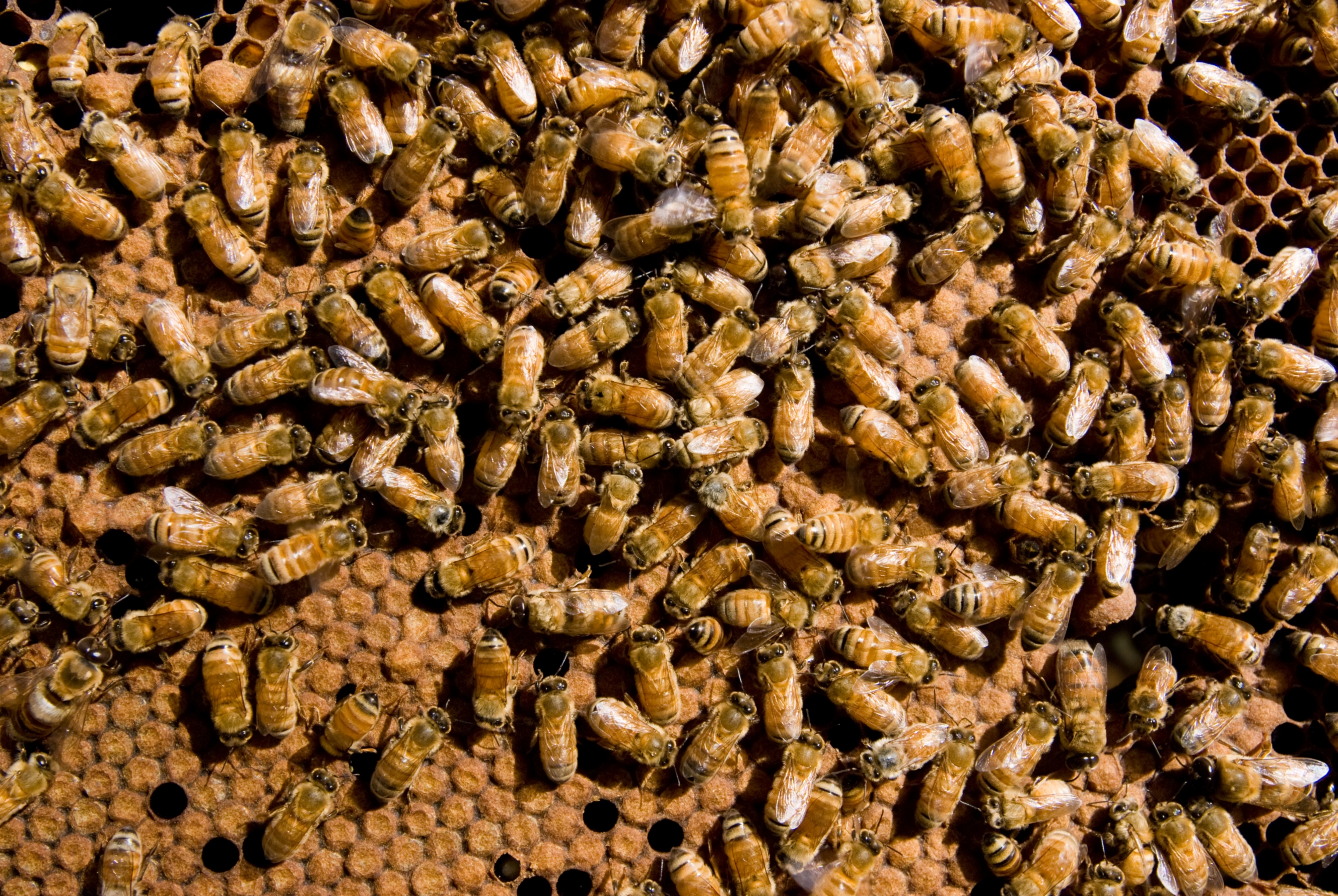Please login in order to download photos in full size
If you are not registered, please register for free: www.Free-Photos.biz/register
Please note to download premium images you also need to join as a free member..
You can also save the photos without the registration - but only in small and average sizes, and some of them will have the site's watermark. Please simply click your right mouse button and save the image.
Please login in order to like photos
If you are not registered, please register for free:
Sorry, non-members can download up to 1100 full-size photos per month.
It looks like you have used up your limit.
Free members can download an unlimited number of full-size photos - including the premium free photos.
Join as a member today for FREE! - and download the images without limitations:
www.Free-Photos.biz/membership.php
You can also save the images without the membership - but only in small and average sizes, and some of them may have the site's watermark. Please simply click your right mouse button and save the image.

|
This is a premium free photo
This photo was viewed 1 times and was downloaded in full size 1 times.
This photo was liked 0 times
Source page: |
http://commons.wikimedia.org/wiki/File:CSIRO_ScienceImage_7077_European_honeybees_Apis_mellifera_in_a_hive.jpg |
|---|
Summaryedit
| Description |
English: About one third of all food is produced as a result of insect pollination, and the European honeybee, Apis mellifera), is responsible for about 80% of this. In Australia, farmers rely on large populations of feral European honeybees (managed bees gone wild). The European honeybee is under threat The Asian honeybee, Apis cerana, poses a significant threat to these populations as it is a host to two types of predatory mites with the capacity to wipe out huge numbers of the European honeybee – the varroa mite (Varroa destructor) and the Asian bee mite (Tropilaelaps clareae). Dr Denis Anderson of CSIRO Entomology is currently using molecular and physical methods to investigate the ecology, epidemiology, invasiveness, co-evolution and control of exotic parasitic bee mites and their Asian honeybee hosts.
|
| Date | |
| Source | https://www.scienceimage.csiro.au/image/7077 |
| Author | Nick Pitsas, CSIRO |
| Permission (Reusing this file) |
|
| Rights holder | CSIRO |
Licensingedit
| This file is licensed under the Creative Commons Attribution 3.0 Unported license. | ||
| Attribution: CSIRO | ||
|
| EXIF data: | |
| File name | csiro_scienceimage_7077_european_honeybees_apis_mellifera_in_a_hive.jpg |
|---|---|
| Size, Mbytes | 3.64423046875 |
| Mime type | image/jpeg |
While the copyright and licensing information supplied for each photo is believed to be accurate, Free-Photos.biz does not provide any warranty regarding the copyright status or correctness of licensing terms. If you decide to reuse the images from Free-Photos.biz, you should verify the copyright status of each image just as you would when obtaining images from other sources.
The use of depictions of living or deceased persons may be restricted in some jurisdictions by laws regarding personality rights. Such images are exhibited at Free-Photos.biz as works of art that serve higher artistic interests.
PRIVACY POLICY
By registering your account and/or by subscribing to new and newly rated photographs you agree we may send you the links to photos and we may occasionally share other information with you.
We do NOT disclose your personal data.



